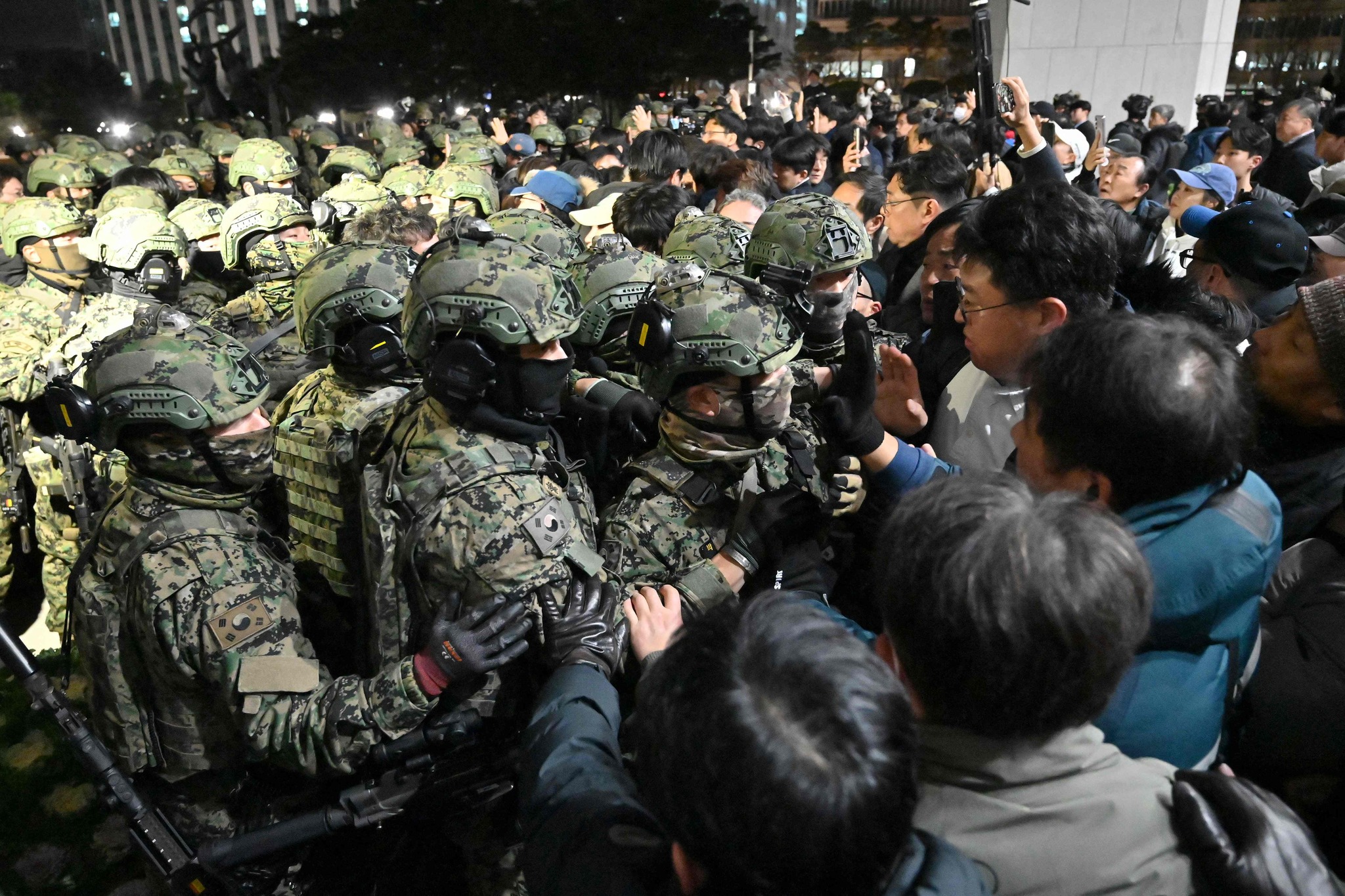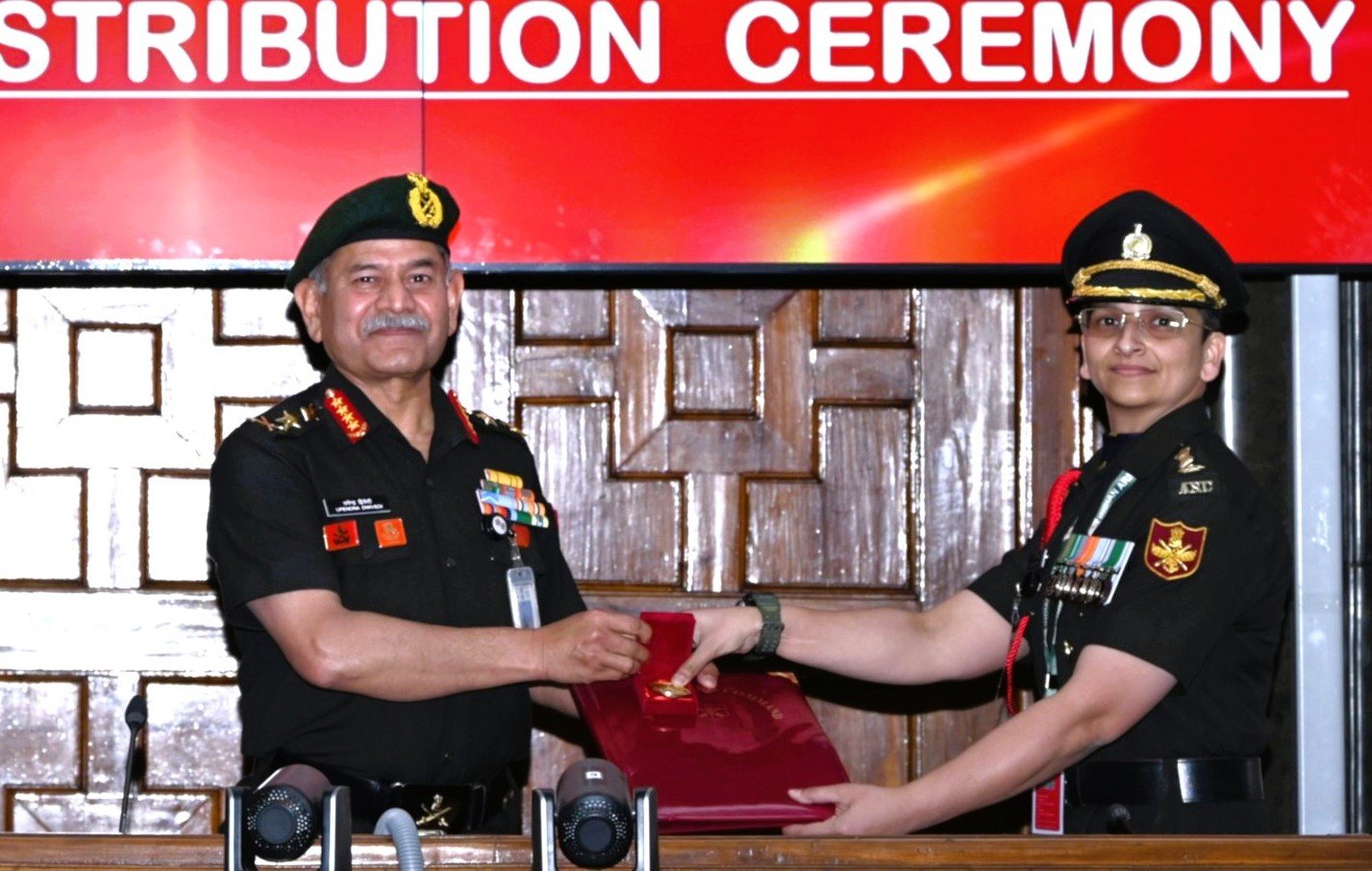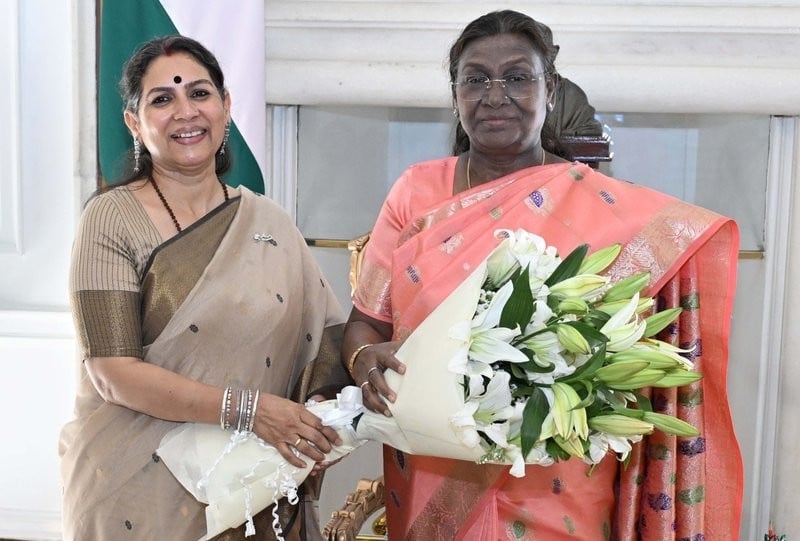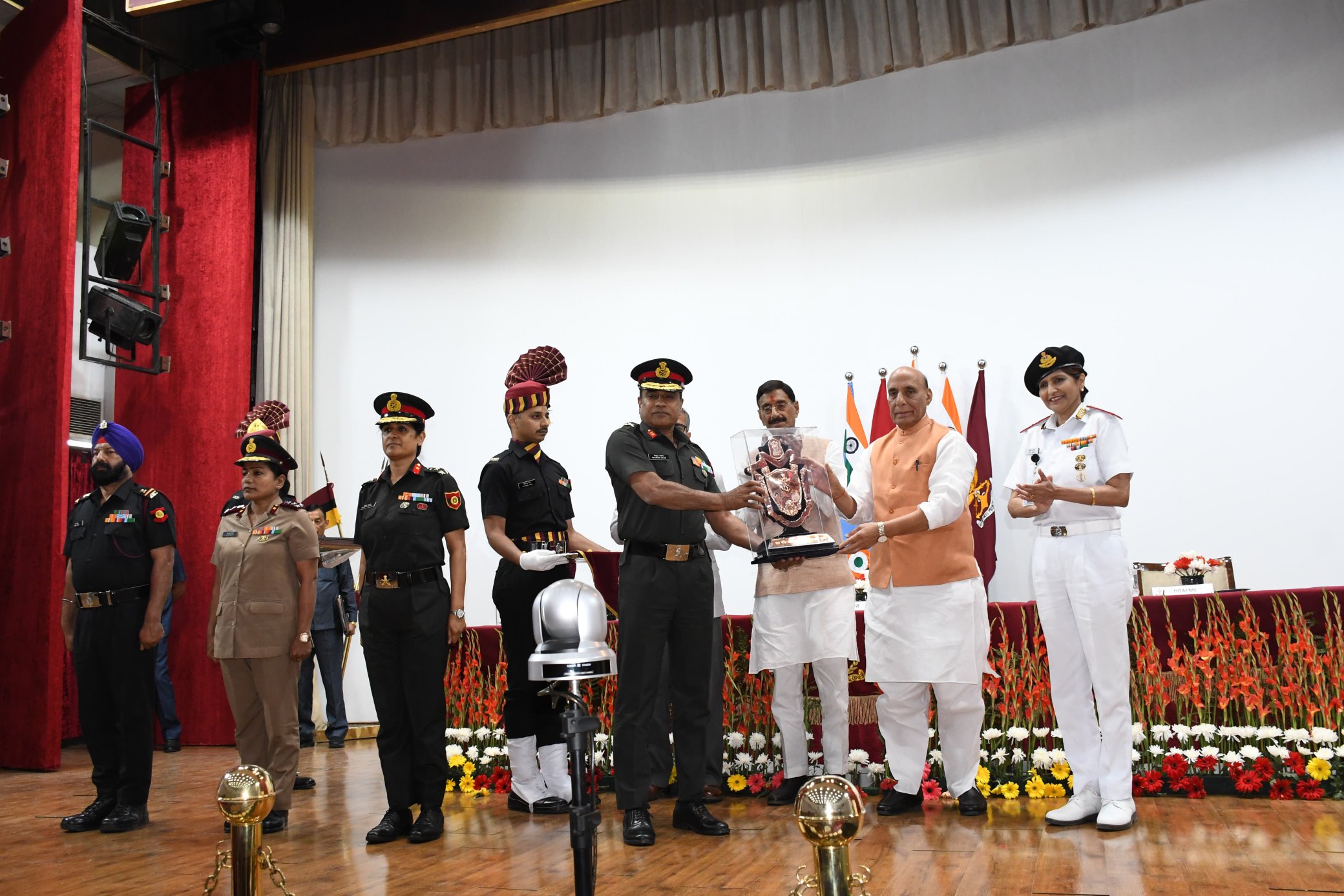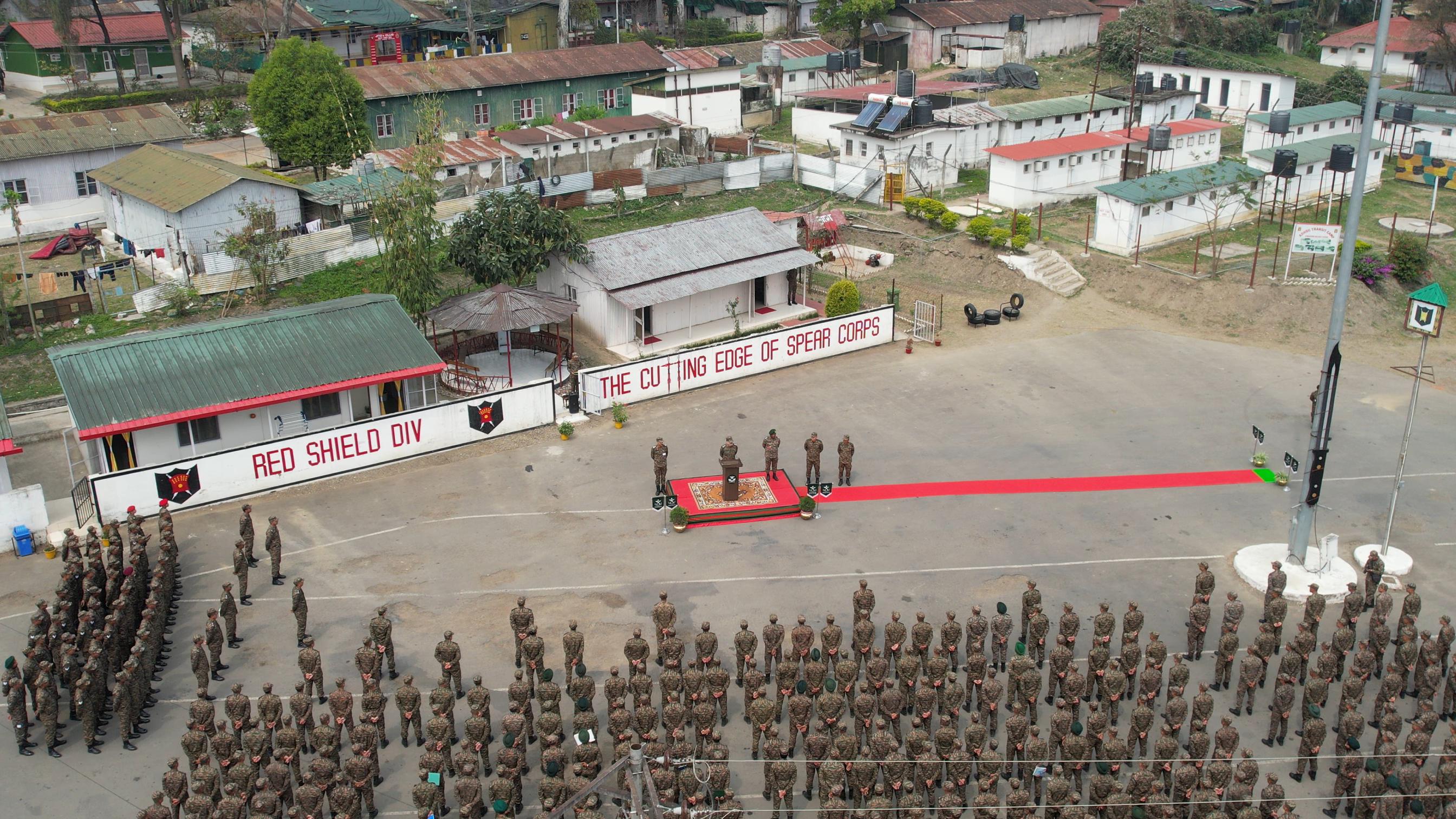In a significant political fallout in South Korea, Interior Minister Lee Sang-min announced his resignation on Sunday amidst the chaos following the recent declaration of martial law. This move has elicited widespread media attention, with local reports indicating that Lee cited his inability to effectively serve both the public and President Yoon Suk Yeol as his reason for stepping down.
As the situation escalated, President Yoon accepted Lee’s resignation, signaling a turbulent moment for the administration. Both Lee and Yoon are currently under investigation for alleged insurrection connected to the controversial martial law declaration made earlier in the week. The imposition of martial law had raised alarms among lawmakers and citizens alike, prompting a backlash that led to its eventual rescission after a parliamentary vote rejected Yoon’s decree.
In a dramatic sequence of events, Yoon narrowly avoided an impeachment motion during a tense parliamentary session on Saturday, highlighting the political instability surrounding his administration. The martial law, which was met with significant public outcry and opposition, was a response to ongoing civil unrest but faced immediate scrutiny regarding its legitimacy and necessity.
In a further escalation of the crisis, authorities arrested former Defence Minister Kim Yong-hyun on charges related to the martial law operation, solidifying the perception of a government in turmoil. He had already been placed under a travel ban prior to his arrest, indicating the serious nature of the investigations underway.
The political landscape in South Korea remains fraught with uncertainty, as both public support and the confidence of lawmakers appear to wane in light of recent events. The investigations into potential insurrection, coupled with the unprecedented dismissal of martial law, underscore the fragile balance of power and governance in the nation at this critical juncture.

